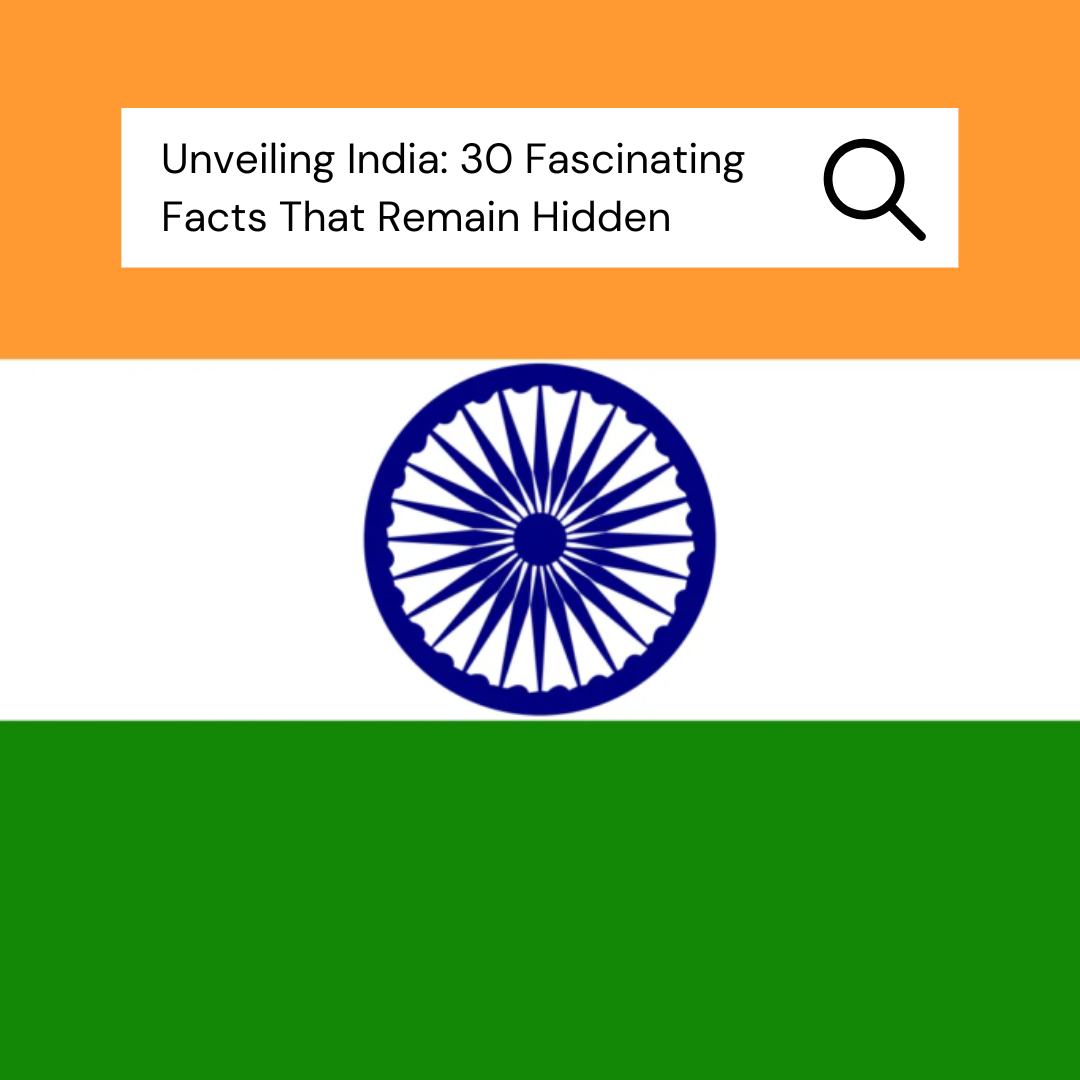Discovering the immense English language is akin to setting out on a treasure hunt, since each word, expression, and idiom conceals a narrative that is just waiting to be discovered. Even the most seasoned linguists may find it unexpected that English, despite its familiarity, has secrets and quirks. We’ll go on a quest to discover 30 obscure facts about the English language in this blog article, illuminating its peculiarities and complexities. How well do you know English? 30 Astonishing Language Facts Revealed!
Morphological Madness:
“Pneumonoultramicroscopic silicovolcanoconiosis” is the longest word in the English language. This lung condition is brought on by breathing in very fine silicate or quartz particles. How well do you know English? 30 Astonishing Language Facts Revealed!
English contains a large number
of palindromes, or words or phrases that read the same both forward and backward. “Level,” “racecar,” and “madam” are a few instances. How well do you know English? 30 Astonishing Language Facts Revealed!
Univocalic Delight:
A lipogram is a text that purposefully omits one or more alphabetic letters. In his book “Gadsby,” Ernest Vincent Wright completely omits the letter “e.” How well do you know English? 30 Astonishing Language Facts Revealed!
Verb Rarity:
“Defenestrate” is a verb that refers to throwing someone or anything out of a window. Its original root is “defenestrace,” which is a Czech term meaning “windowing.” How well do you know English? 30 Astonishing Language Facts Revealed!
Changing Lexicon:
Originally, “girl” was used to refer to a young person of any sex. It wasn’t until the latter part of the Middle Ages that it started to refer, especially to women. How well do you know English? 30 Astonishing Language Facts Revealed!
Noun-Congenial:
Grammatically speaking, the statement “Buffalo buffalo buffalo buffalo buffalo buffalo buffalo buffalo” is accurate. It demonstrates how the term “buffalo” may function as a noun, verb, or city name. How well do you know English? 30 Astonishing Language Facts Revealed!
Limitless Possibilities:
According to the Oxford English Dictionary, the term “set” has over 430 definitions, making it the word in the English language with the greatest number of meanings. How well do you know English? 30 Astonishing Language Facts Revealed!
Backward Order:
The grammatical correctness of the line “The rat the cat the dog chased killed ate the malt” is evident. It reads like a phrase in a palindrome’s sequence. How well do you know English? 30 Astonishing Language Facts Revealed!
Read more: https://factualmind.co.in/the-top-20-stupid-tech-facts/
Silent Consonants:
The silent letters of English are well known. For example, the letters “k” and “g” are silent in words like “knight” and “gnome.” How well do you know English? 30 Astonishing Language Facts Revealed!
In terms of numerical oddities,
the word “four” is the only integer whose letter count matches its value. How well do you know English? 30 Astonishing Language Facts Revealed!
Latin Roots:
Because of the Roman Empire’s impact, over 60% of English terms have Latin or Romance language roots. How well do you know English? 30 Astonishing Language Facts Revealed!
Vowel Variability:
“Uncopyrightable” is the longest non-repeated word in English. How well do you know English? 30 Astonishing Language Facts Revealed!
Letters Absent:
The periodic table of elements only contains one missing letter, the letter “J”. How well do you know English? 30 Astonishing Language Facts Revealed!
Shakespearean Influence:
Among the more than 1,700 terms that William Shakespeare gave to the English language are “eyeball,” “gloomy,” and “swagger.” How well do you know English? 30 Astonishing Language Facts Revealed!
The term “bookkeeper”
is the only unhyphenated English word that has three consecutive double letters, a phenomenon known as alphabetic aberration. How well do you know English? 30 Astonishing Language Facts Revealed!
Linguistic Loanwords:
The term “kayak” comes from the Inuit, “robot” from Czech, and “chocolate” from Nahuatl, among many other languages from which English has borrowed words. How well do you know English? 30 Astonishing Language Facts Revealed!
Pronoun Peculiarity:

The phrase “James, while John had had ‘had,’ had had ‘had had’; ‘had had’ had had a better effect on the teacher” is well-formed. It illustrates how crucial punctuation and context are to deciphering meaning.
Homograph Hilarity:
Homographs are words with identical spellings but distinct meanings. To “tear” is, for instance, to rip or to remove a drop of water from the eye.
Phonetic Folly: How well do you know English? 30 Astonishing Language Facts Revealed!
There is just one word in the English language with five consecutive vowels, and that term is “queueing.”.
Strange Etymology:
Because of its form, the name “avocado” is derived from the Aztec word “ahuácatl,” which signifies testicle.
Consonant Confusion:
Because of the frequent use of consonants, the term “abbreviation” is sometimes written incorrectly as “abreviation.”.
Double Meanings:
The word “cleave” is an auto-antonym or contronym, as it may signify both to cling to and to rip apart.
Semantic Shift:
Before gaining its current meaning of pleasing or pleasant, the term “nice” was used to signify stupid or simple-minded.
Interrogative Intricacy:
“Aegilops,” a genus of grasses, is the longest word in the English language, with all of its letters arranged alphabetically.
Hyphenation Obstacles:
“Uncopyrightable” is the longest non-repeated word in English.
Prefix Dilemma:
“Screeched” is the longest one-syllable word in the English language.
Vowel Victory:
The longest word in English without a consonant is “euouae,” a medieval musical phrase made entirely of vowels.
Consonant Complexity:
With only one vowel, the word “strong” is the longest in the English language.
The phrase
“The quick brown fox jumps over the lazy dog” employs infinite imagination as it contains all of the alphabet’s letters at least once.
Oxymoronic Oxymoron:
Because the Greek terms “oxy” (sharp) and “moron” (dull) are combined, the phrase “oxymoron” itself is an oxymoron.
The complex fabric of the English language is much more than just thirty facts. From its modest origins to its widespread dominance, English has changed and adapted over time, surprising us with its countless nuances and quirks. That being said, keep in mind that there’s always more to learn about the meanings behind those well-known terms and phrases the next time you find yourself trapped in a maze of linguistic mysteries.




